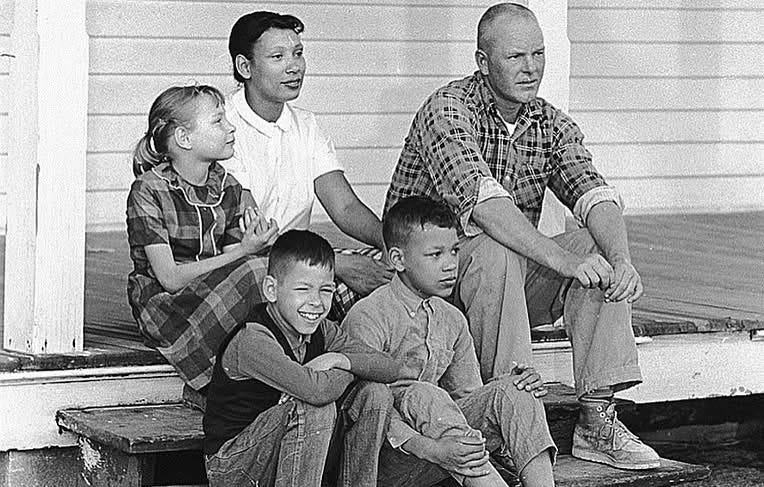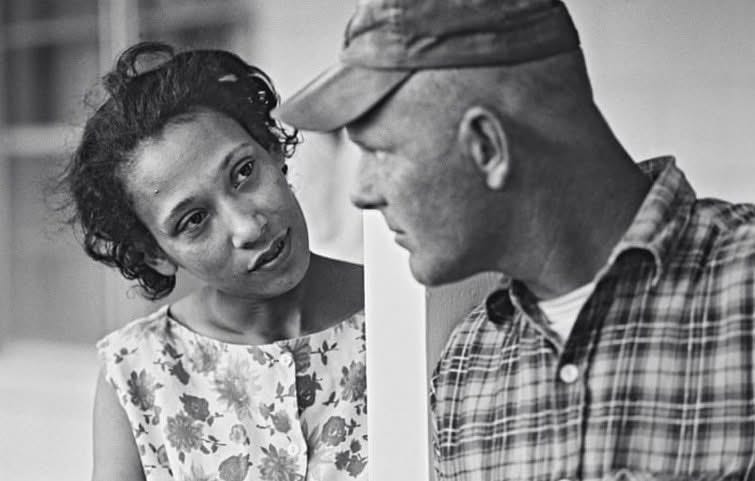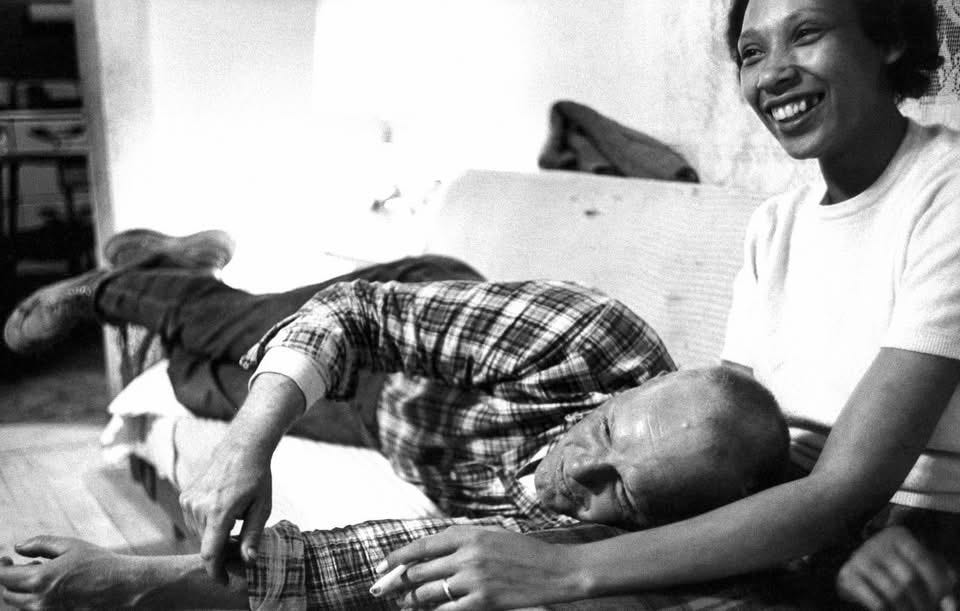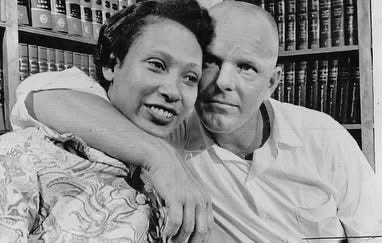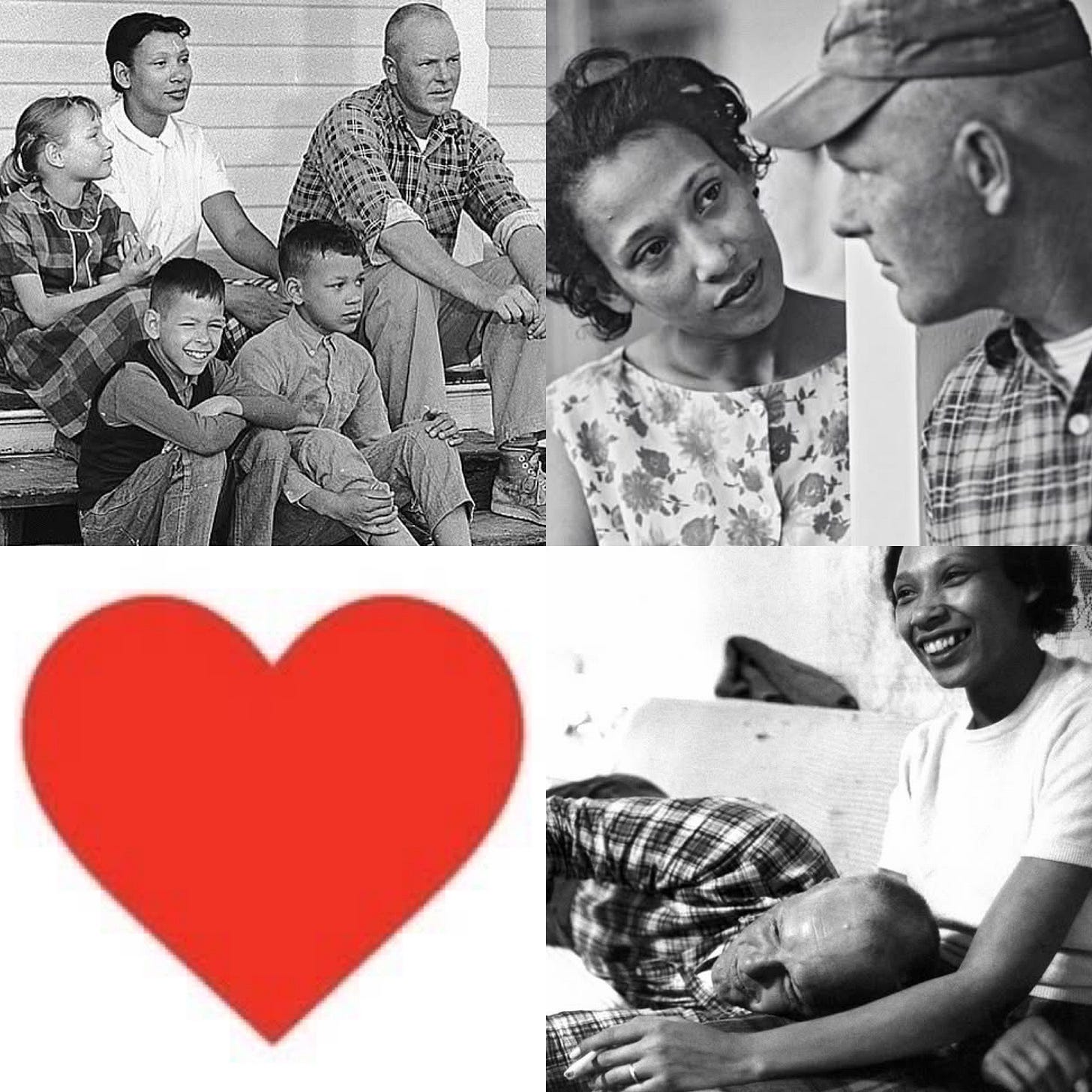Archive Photos:Grey Villette
The "Loving" in Loving Day carries profound irony—it's actually the surname of Mildred and Richard Loving, whose love story became a catalyst for civil rights history. It was a fateful stroke of genius that even Shakespeare could not have imagined flowing from his romantic quill.
A Love That Defied the Law
Mildred was attending an all-Black school when she first encountered Richard, a white high school student whom she initially dismissed as arrogant. Yet quietly, inevitably, the two fell deeply in love and began dating. When Mildred became pregnant at 18, the couple made the decision that would change American history forever: they decided to marry.
But Virginia's Racial Integrity Act of 1924—a cruel anti-miscegenation law—forbade the Lovings from marrying in their home state. Undeterred by injustice, the couple drove north to Washington, D.C., where they exchanged vows before returning to their home in Caroline County, Virginia, believing their love could overcome any obstacle.
The Midnight Raid That Shook America
The Lovings had been married just a few weeks when their world shattered. In the predawn darkness of July 11, 1958, Sheriff Garnett Brooks and two deputies, acting on an anonymous tip, stormed into the couple's bedroom like something from a dystopian nightmare.
When the sheriff demanded to know Mildred's relationship to Richard, she responded with simple dignity: "I'm his wife." Richard gestured to their marriage certificate hanging proudly on the wall—a symbol of their commitment and love. The sheriff's response was chilling: the document held no power in Virginia. The state's law didn't just forbid Black and white citizens from marrying—it criminalized their very existence as a married couple within Virginia's borders.
Richard spent one night in jail. Mildred, pregnant and vulnerable, endured several more nights behind bars. Eventually, faced with the machinery of state oppression, the couple pleaded guilty to the "crime" of loving each other.
Imagine Being Arrested for Being Married
The Loving Day story truly begins with this arrest in 1958—an arrest for the simple act of being married. Imagine living in a world where loving the person you share your life with is not just discouraged, but criminalized. For nearly a decade, this family lived under the shadow of legal persecution, their love deemed illegal by the state they called home.
Nine Years of Struggle, One Moment of Justice
The Lovings' case, Loving v. Virginia, eventually reached the U.S. Supreme Court in 1967. Their lawyers made a powerful argument: laws against interracial marriage were direct descendants of slavery laws, designed specifically to oppress Black people and rooted in white supremacy. Similar laws existed across multiple states, often targeting not just Black-white marriages but unions between people of various races.
On June 12, 1967—exactly nine years after their arrest—the Lovings achieved victory. But this was far more than a personal triumph. In one decisive moment, the Supreme Court struck down all state laws prohibiting interracial marriage across the United States. This is why we celebrate Loving Day on June 12th.
A Continuing Struggle for Justice
The Lovings' remarkable story represents one chapter in America's larger, ongoing struggle for justice—a struggle that faces new threats today. Their case built upon decades of courtroom battles and social change. The attitudes and demographics that shaped their era continue to influence our society, reminding us that the fight for equality is never truly finished.
A Call to Action on Loving Day
On this Loving Day, take a moment to consider what the world would look like if you were not allowed to love the person you choose. Then extend that love and solidarity to those around the world who still cannot freely love, marry, or live authentically.
The Lovings fought not just for themselves, but for the fundamental principle that love should triumph over prejudice. Their legacy calls us to continue that fight wherever injustice persists
.
#LovingDay #SupremeCourt #love #civilrights #justice #equality




